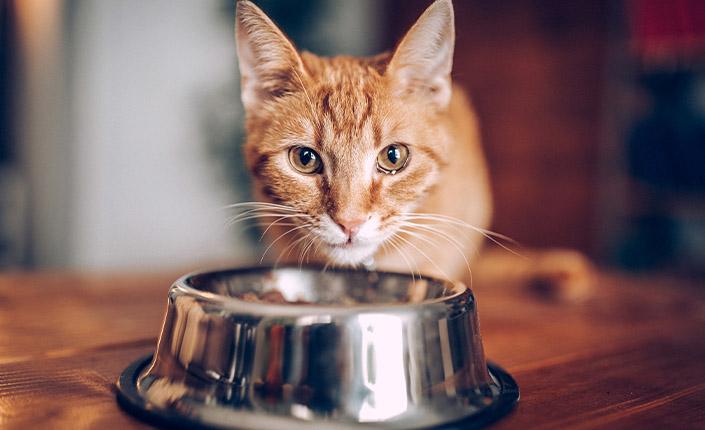
Pet Food Advice: Concerns About Grain-Free Diets and Other Pet Food Trends
In the busy pet food market, manufacturers need to set themselves apart in a crowd of sellers desperate to get the attention of pet-owning consumers. This means that they have to market themselves as newer, healthier, and more innovative than their competition. Pet food manufacturers often ride on the coattails of trends, attitudes and perceptions in the human nutrition sector. Unfortunately, our furry family members are physiologically and metabolically very different from us. Their nutritional needs are therefore also very different. Presuming that what’s good for us is also good for our pets has led to some concerning negative health impacts.
In less than a decade, grain-free pet foods have become immensely popular with health-conscious pet owners. Pet food marketers and manufacturers have observed the progressive trend of eliminating wheat, corn and other traditional grains from human food products in the name of health. Following suit, many pet foods have attempted to set themselves apart by using alternative carbohydrate sources such as legumes, potato and tapioca. Simultaneously, the more conventional, nutrient-rich whole grains have been cast in a negative light, mislabeled as valueless “fillers”. All of this has been done despite the fact that true grain allergies are rare in dogs and cats.
At the same time as grains are disappearing, novel ingredients are being added to pet foods more than ever. The goal is to appear healthier, more unique, and more progressive than the competition. Fruits, berries, vegetables, legumes and exotic meats are popping up in pet food ingredient lists industry-wide, accompanied by unsupported health claims. These ingredients go a long way towards inflating the price of the food and adding splash to a marketing pitch; but often there is no proven added nutritional value.
Recently, it has been revealed that these new headliner ingredients may actually be making our pets sick. Grain-free, boutique, home-cooked, raw and exotic pet foods have been linked to increasing rates of cardiovascular disease in dogs and sometimes cats. The United States Food and Drug Administration, along with veterinary nutritionists and industry scientists have been aggressively investigating these links. The exact cause of this emerging disease is still not clear. The change in ingredients in these novel foods could be leading to a nutrient deficiency, a toxicity, or a metabolic error. At this time, it is suspected that a combination of factors may be involved.
As research continues, veterinarians recommend using extreme caution when selecting a trendy pet food for your animal companions. For breeds that are already prone to heart disease (such as the Doberman Pinscher, Great Dane or Boxer), it is recommended to avoid grain-free diets altogether until more is known about the risks. For all other breeds on these diets, it may be prudent to add advanced heart health screening, such as the NT-proBNP test to your regular wellness bloodwork.
Each pet is an individual, and their nutrition needs are unique too. Your dog or cat’s health status, weight, activity levels, and dental health are all factors that need to be considered when selecting the ideal food for his/her needs. Don’t forget to discuss nutrition at every wellness visit with your vet and seek his/her advice before making any changes.
For great information about pet nutrition, visit:
For up-do-date information about grain-free diets and heart disease, visit:
https://vetnutrition.tufts.edu/petfoodology/
Written by: Dr. Sperry, DVM, Veterinary Advisor, Pets Plus Us
The information provided and contained herein are the opinions of PTZ Insurance Services Ltd. which are based on external publication. The content is not intended to be a substitute for professional veterinary advice. PTZ Insurance Services Ltd. assumes no responsibility or liability for any loss, claims or damages arising out of the within content.
